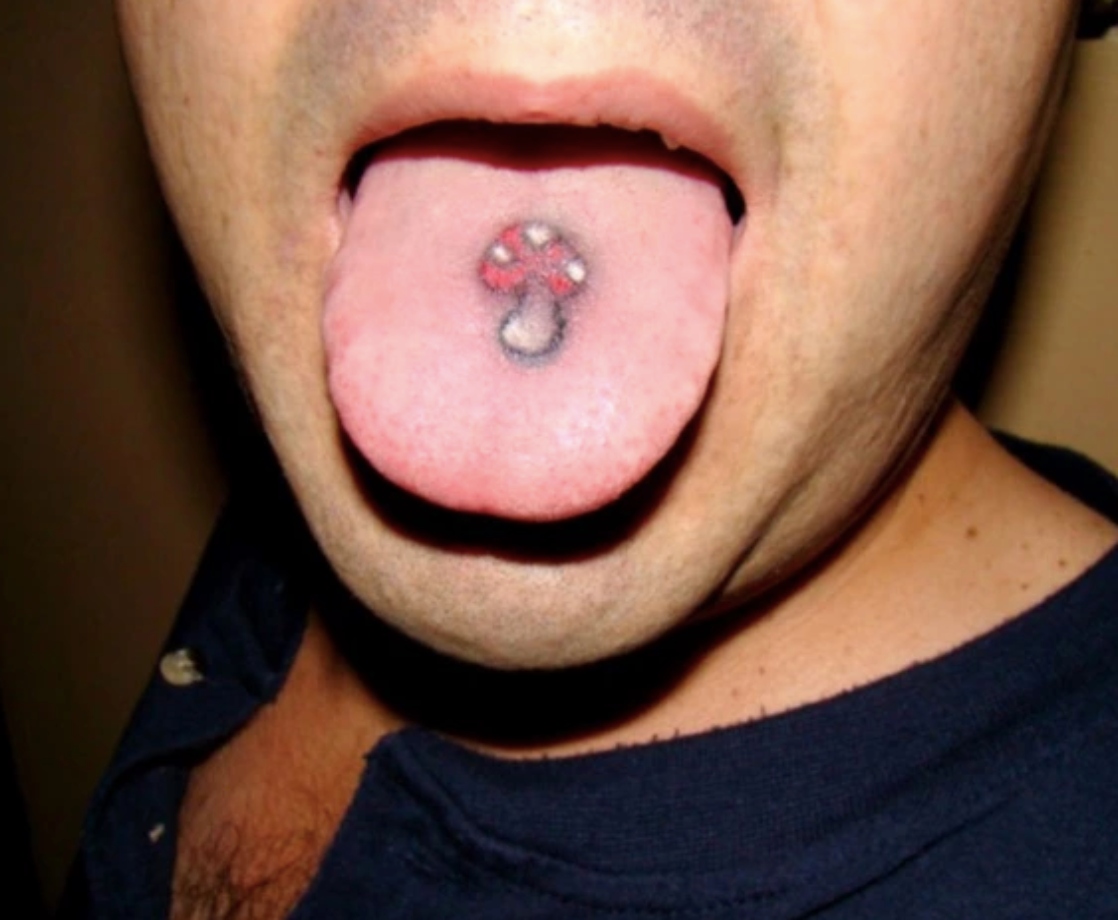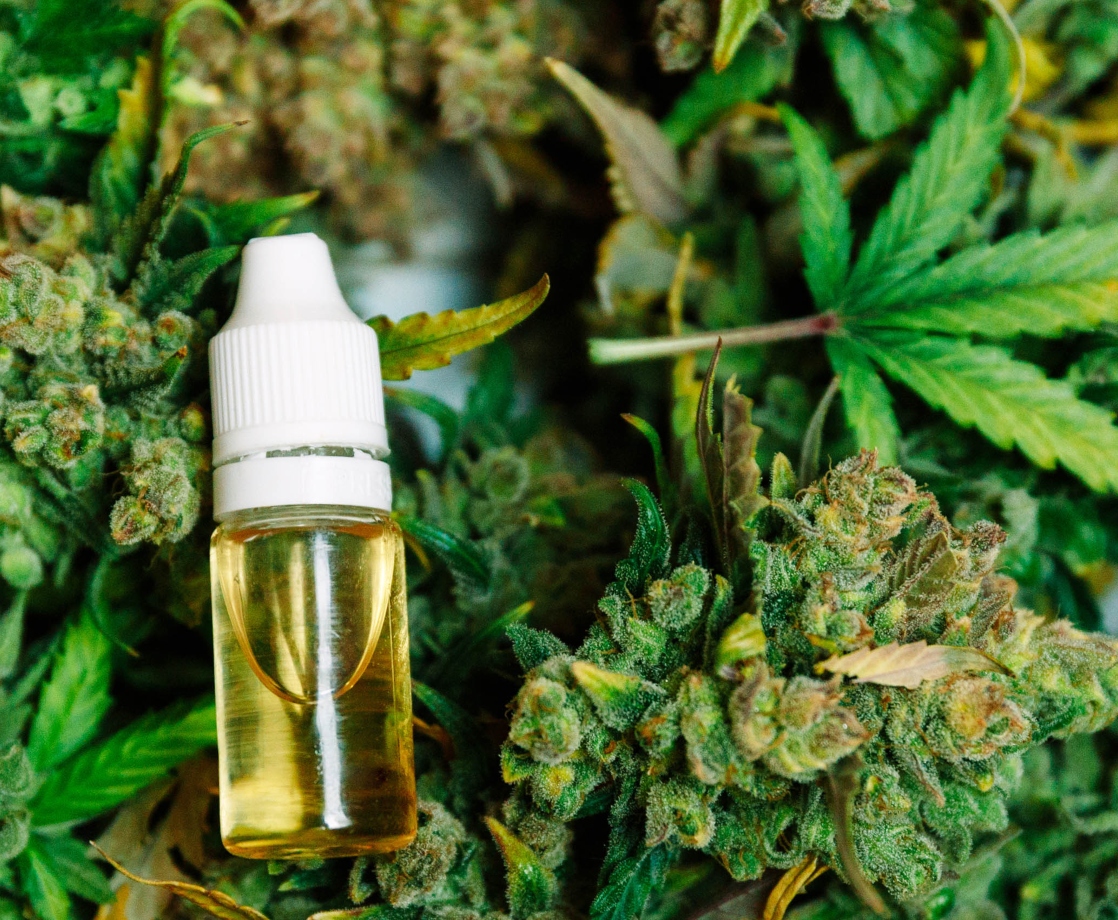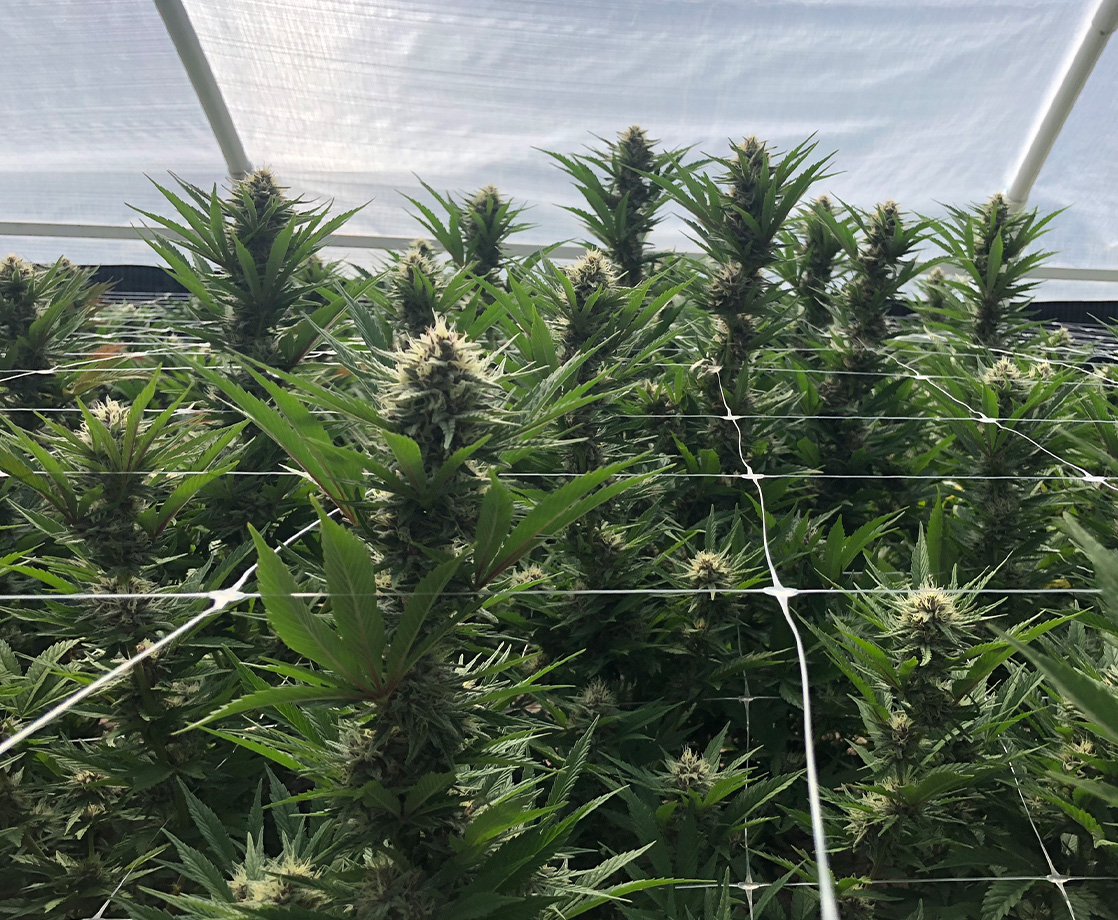Image via
As psilocybin-assisted therapy inches closer to legalization, several innovative companies are brainstorming new methods of administering this natural medicine.
In the past several years, dozens of new clinical studies have found that psilocybin can treat depression, anxiety, addiction, and a whole raft of other disorders more effectively than traditional treatments. Last fall, the US Food and Drug Administration (FDA) designated psilocybin as a “Breakthrough Therapy,” allowing scientists to fast-track their trials. If the results of these trials are promising, the FDA could legalize psilocybin-assisted therapy within the next few years.
Conducting scientific tests with naturally grown shrooms can be difficult, though, as it is impossible to determine the exact dose of psilocybin contained in each mushroom. Natural shrooms may also contain other psychoactive compounds, as well as contaminants like mold that could provoke a negative reaction in some users. For this reason, researchers have largely been using synthetic psilocybin for their trials.
Researchers have also been experimenting with new ways to deliver the maximum effective dose of psilocybin to patients. This week, two different companies announced that they are working to bring sublingual psilocybin strips to market. In Jamaica, where psilocybin is legal, Cybin Corporation is currently conducting trials to determine if sublingual administration is more effective than traditional pills.
Psychedelics researchers have already established a 25mg psilocybin pill as the standard therapeutic dose. Like other pills, this dose must be fully digested and processed through the liver before it can take effect. According to Dr. Jukka Karjalainen, Cybin’s Chief Medical Officer, about 50 to 60 percent of this dose is actually lost during this process.
But with sublingual strips, the psilocybin will travel directly through the bloodstream to the brain without being digested. “With the oral film dosing, bioavailability goes to 100%,” said Dr. Karjalainen to Leafly. “The dose that is being given is the dose available to the clinical effect.”
Since the oral strips can provide the full dose to the brain, a lower amount of psilocybin is needed to achieve the same effects as the traditional pill. Cybin is currently conducting trials to see if one, three, five, or seven milligrams of psilocybin on an oral strip will match the effectiveness of a 25mg pill. These trials are now moving into Phase 2 stage, but Dr. Karjalainen already suspects “that the three-milligram dose will be the efficacious dose.”
Meanwhile, in Canada, Revive Therapeutics, a company that has successfully brought several CBD medications to market, has also debuted its own oral psilocybin strips. This company has used a tannin-chitosan composite as a base to add psilocybin dosages ranging from 1 to 20 milligrams. The company is also working to invent other ways to deliver both natural and synthetic psilocybin, including topical gels, transdermal patches, and oral foams.
“This is the first time that we have applied our drug delivery technology to oral thin films,” said Revive CEO Michael Frank, according to Green Market Report. “We see great promise in delivering psychedelic-based medicines to treat various diseases and disorders that would benefit from such a delivery method and in partnering with life sciences companies seeking to add unique offerings in their product pipeline. We look forward to unveiling the final prototype in the coming weeks.”
But even though these sublingual strips can provide greater bioavailability than pills, some researchers suspect that the traditional method of consumption may still be the most effective route. Dr. Alan Davis, a psilocybin researcher and Adjunct Assistant Professor in the Psychedelic Research Unit at Johns Hopkins University, notes that recent research has linked depression and other mental health issues to the microbiome in the gut.
“I actually think that one of the interesting things about psilocybin is that it is ingested,” Dr. Davis told Leafly. “There’s also some question about the importance of the gut in the disruption of mental health processes.” Until clinical trials on these oral strips are completed, it will be difficult to tell whether the traditional digestion of psilocybin plays a role in its efficacy, but Dr. Davis says that he is “curious to see” the results.
It may still take a few years before the FDA legalizes psilocybin therapy, but Oregon may legalize this treatment in November by way of a ballot initiative. Several other US states have also decriminalized psilocybin and other natural psychedelics within the past year, and Canada just granted four terminally ill patients the right to use shrooms for end-of-life care.











